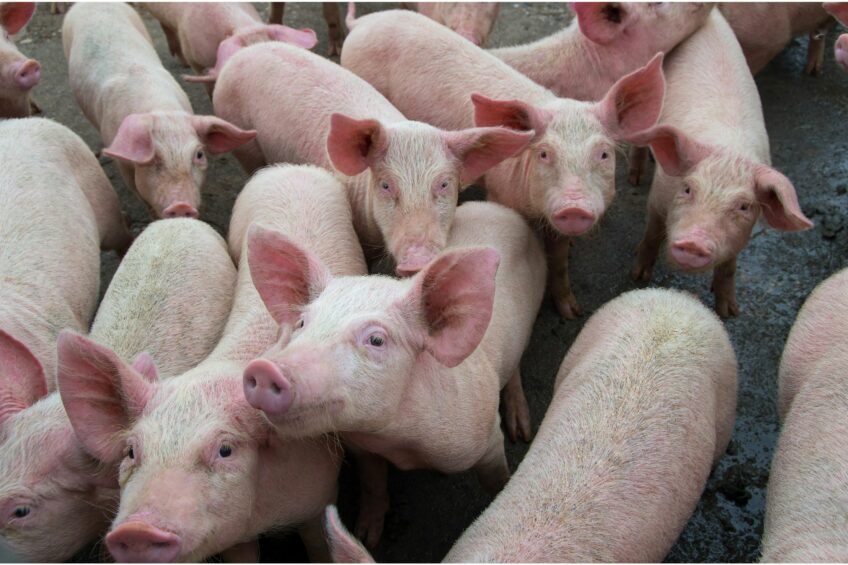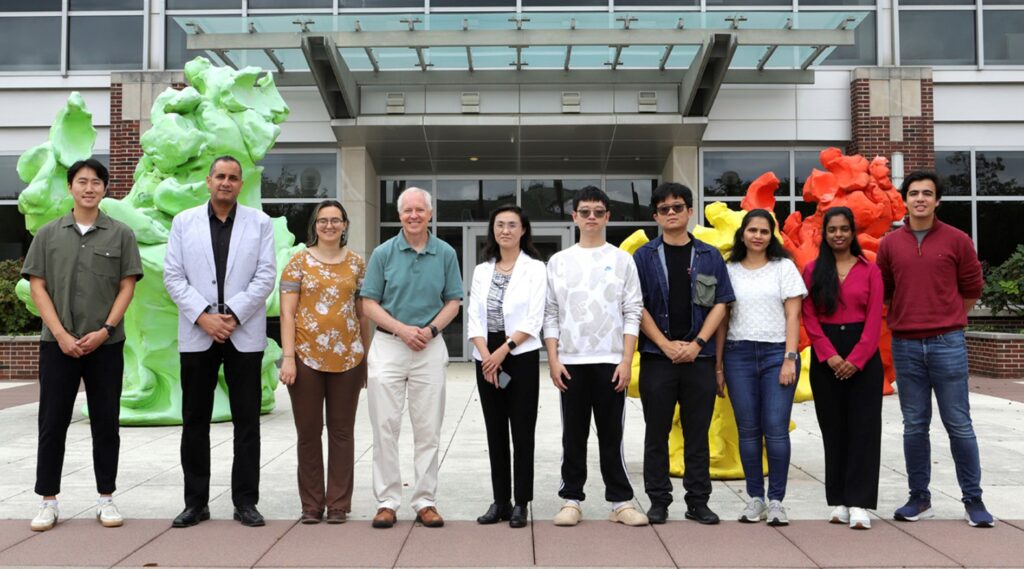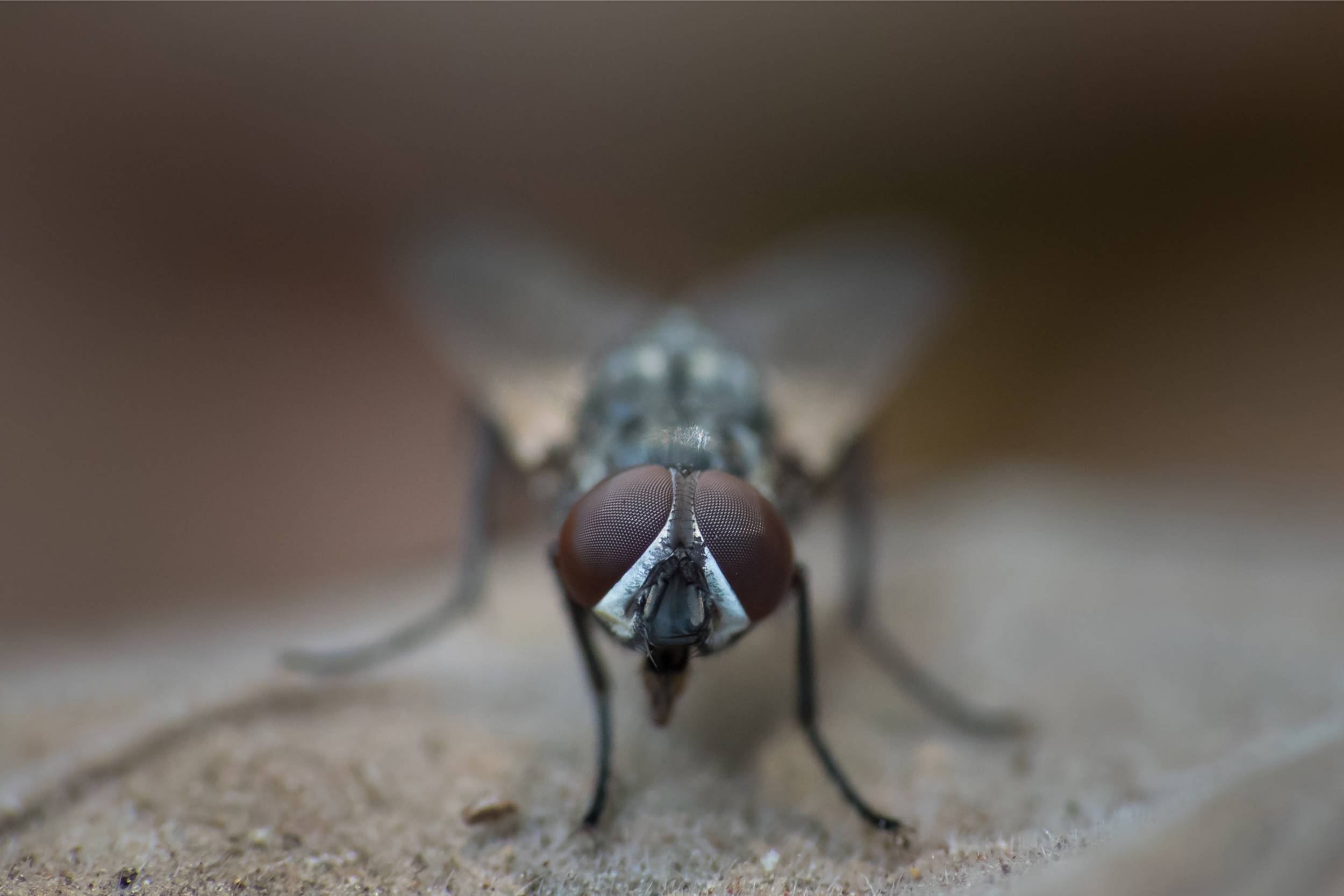University of Illinois receives grant for on-farm ASF diagnostics

US researchers have received a 3-year grant of US$650,000 from the US Department of Agriculture (USDA) to develop sensitive, rapid, low-cost and portable point-of-use biosensors to improve on-farm detection and surveillance of African Swine Fever (ASF) virus.
The grant will go to scientists at the University of Illinois Urbana-Champaign.
Portable device for detection of ASFv-infected pigs
Prof Ying Fang is specialised in pathobiology, attached to the university’s College of Veterinary Medicine. In a press release shared by the university, she explained: “ASFv is very important right now because it is already a deadly disease in other countries, and it can kill pigs quickly – usually within 7 to 10 days. For field surveillance, if we have a portable device, we can take it to the field, and quickly detect ASFv-infected pigs. In this way, we can immediately apply the control and prevention measures.”
With her expertise in animal diseases, Fang teamed up with Brian Cunningham, chair of Electrical and Computer Engineering, to develop a biosensor for ASFv. His research focuses on developing nanotechnology-based biosensors for cancer and infectious diseases.
In the press release, Cunningham said: “We have been working on these technology approaches for about 10 years, continuously refining and improving the biosensors, but mainly for cancer and infectious human diseases. So, when this USDA grant funding opportunity came up, Prof Fang encouraged us to try for it.”

Start of funding project in September
The project funding began in September 2024, with the grant support coming from the Nanotechnology for Agriculture and Food Systems programme, part of the National Institute of Food and Agriculture (NIFA). Over the next 3 years, the team will work on using genomics and proteomics to determine the diagnostic targets, specific viral nucleic acid sequences and proteins, for ASFv detection. Then, Prof Fang’s research group will use their knowledge to develop and test lab-based methods for ASFv detection using that target. Those methods will then be incorporated into Cunningham’s portable cartridge devices that use novel physics principles and nanotechnology methods to detect the target molecules from the virus.
The work done at Illinois will focus on gene and protein level detection because research with live ASFv requires specialised facilities to eliminate exposure and transmission. To test their novel biosensor with active ASFv, Prof Fang and Cunningham will collaborate with Jishu Shi, a professor of vaccine immunology at Kansas State University which houses the necessary biosafety level-3 facilities.
Overall, this grant represents a new portfolio of research for the Center for Genomic Diagnostics theme at the Carl R. Woese Institute for Genomic Biology, the press release concluded. Prior to this project the centre had been exclusively working for human health and diseases.
It is by far not the first rapid and portable device development. In Asia, where the virus has been around for many years already, rapid detection devices were also developed by manufacturers from Taiwan and South Korea, for example.











